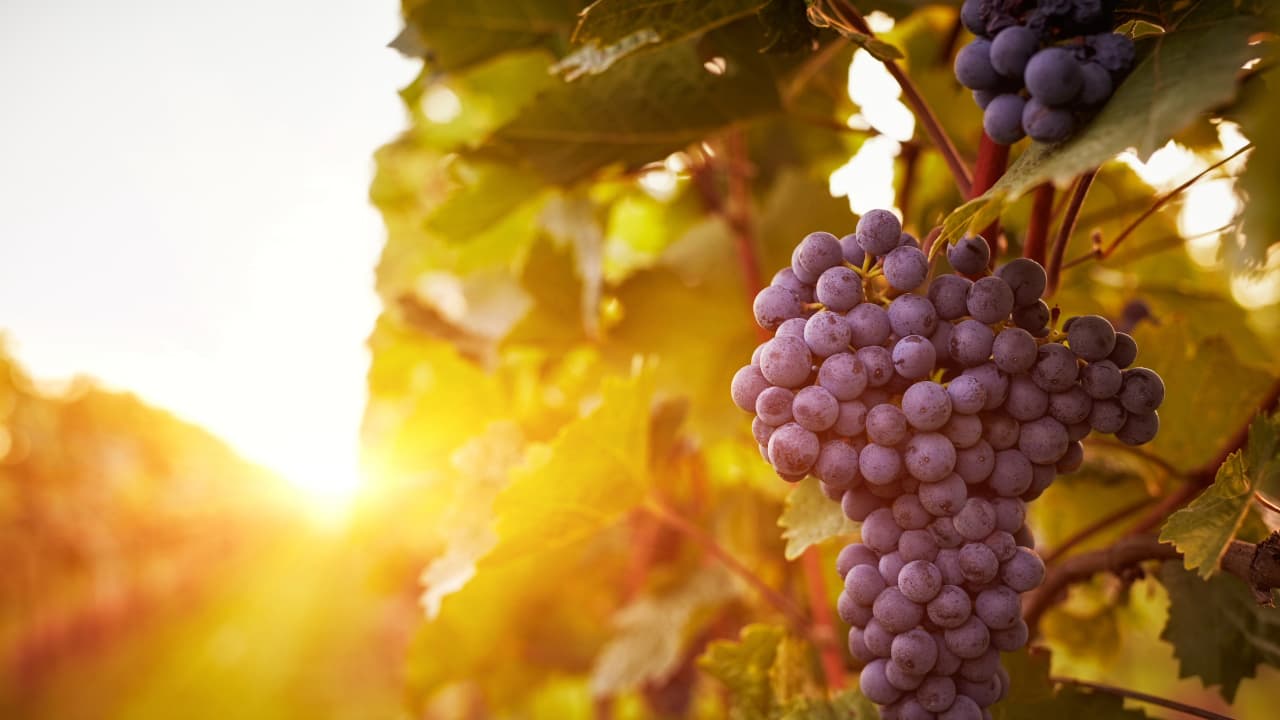Can geoengineering save our favourite crops? A new study reveals that techniques like SAI may not protect coffee, cacao, and wine from climate change. Learn why.
A recent study published in Environmental Research Letters suggests that even the most advanced climate mitigation techniques may not be sufficient to protect coffee, cacao, and wine grapes from the increasing effects of climate change. These crops are not only integral to daily life for millions but also important sources of income for farmers across the globe. However, rising temperatures and changing weather patterns are placing these crops at significant risk.
In recent years, climate changes have caused large variations in the amount of coffee, cacao, and wine grapes that farmers can produce each year. These unpredictable harvests make it difficult for producers to plan and are threatening the economic stability of many farming areas.
Can Geoengineering Help?
The research team examined a climate engineering approach known as Stratospheric Aerosol Injection (SAI). This method aims to cool the Earth by releasing tiny particles into the upper atmosphere, similar to the way volcanic eruptions can temporarily lower global temperatures. The scientists wanted to assess whether SAI could help create more stable growing conditions for coffee, cacao, and grapes in key regions such as western Europe, South America, and West Africa.
Mixed Results from Climate Models
To test SAI’s potential, researchers used computer models to predict how the climate might change between 2036 and 2045 in 18 major farming regions. They compared these predictions under two scenarios: one with SAI and one without, looking at factors like temperature, rainfall, humidity, and the likelihood of crop diseases.
The findings were not very promising. While SAI did help lower surface temperatures, it did not consistently create the right conditions for these crops to grow well. Only six of the 18 regions showed real improvements compared to the “no SAI” scenario.
The main issue was with rainfall and humidity. Although SAI could cool the planet, it did not manage moisture levels or prevent extreme weather events well. This meant that crop yields and farmers’ incomes remained uncertain even with the use of SAI.
No Quick Fix for a Complex Problem
Co-author Dr Ariel Morrison noted that while SAI might offer some short-term relief from rising temperatures, it’s not a long-term solution. She added that it’s not a guaranteed fix for the challenges facing these crop farmers. We need strategies that focus on adapting to local conditions, building more resilient farming systems, and enhancing global cooperation.
The study clearly shows that technology alone cannot save coffee, chocolate, or wine. Protecting these crops will require innovation and long-term, global efforts to adapt agriculture to a changing climate.
